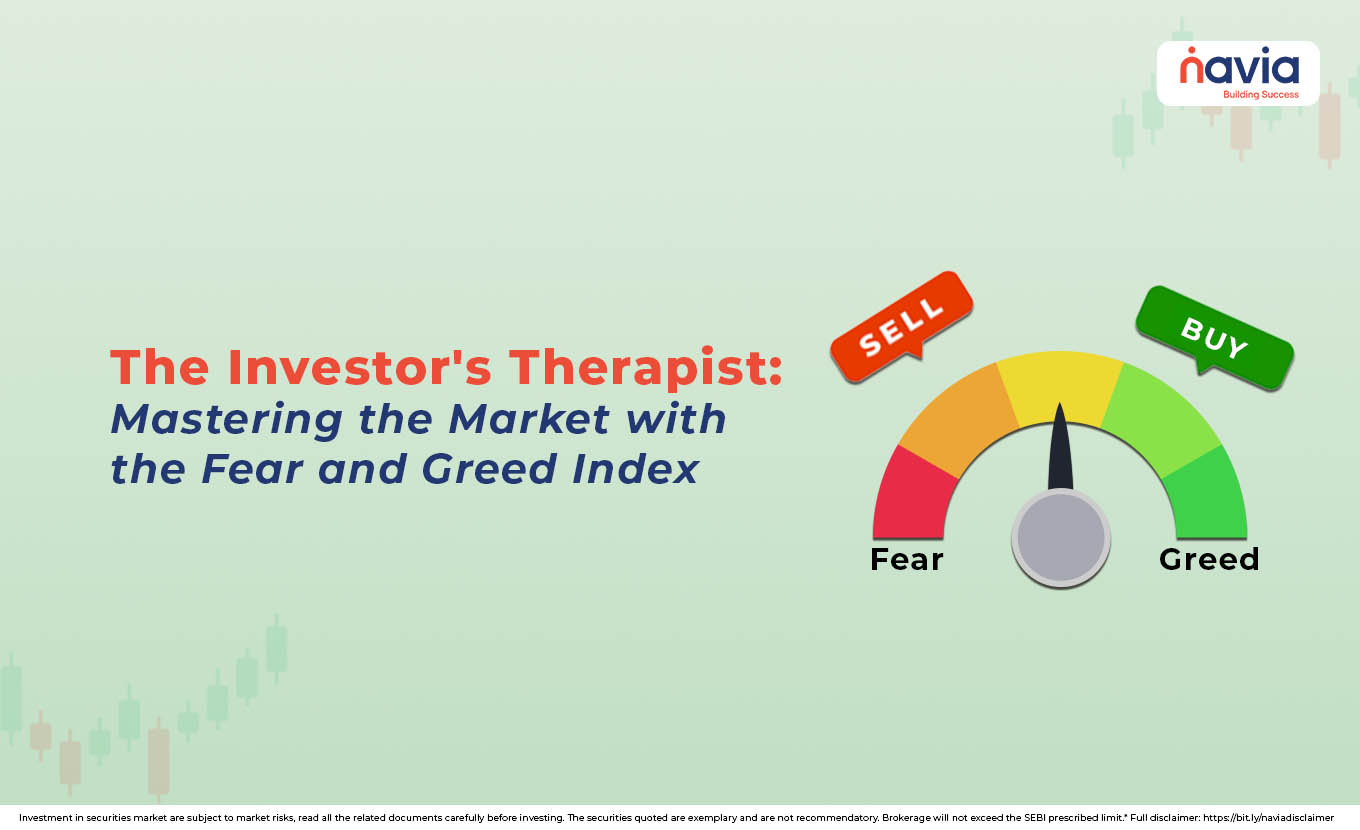Unlisted Shares – A Hidden Opportunity for Smart Investors

Introduction
Unlisted shares are gaining significant attention in the investment world due to their potential for exponential returns. These are shares of companies that are not listed on any recognized stock exchange, offering a unique opportunity for investors to diversify their portfolios with high-growth, early-stage companies. In this blog, we’ll explore the concept of unlisted shares, their potential benefits, risks, and how they can be a hidden opportunity for savvy investors.
What Are Unlisted Shares?
Unlisted shares refer to the stock of a company that is not traded on a public exchange like the NSE or BSE. Companies often stay unlisted to maintain control, avoid public scrutiny, or prepare for a future IPO (Initial Public Offering). Investing in unlisted shares is an opportunity to own a part of such companies before they go public, often at a lower valuation.
Companies Offering Unlisted Shares
As seen in the image, several well-known and fast-growing companies currently offer unlisted shares, including:
🔸 OYO Rooms – A global leader in hospitality technology, revolutionizing budget accommodation.
🔸 National Stock Exchange (NSE) – A cornerstone of India’s financial system.
🔸 Bira 91 – A trendy craft beer company that has created waves in the beverage industry.
🔸 PharmEasy – A leader in the digital healthcare space, providing easy access to medicines and diagnostics.
🔸 Chennai Super Kings – A cricket franchise from the IPL with a massive fan base and commercial success.
🔸 boAt – A fast-growing consumer electronics brand known for affordable audio products.
🔸 HDFC Securities – A trusted name in brokerage and financial services.
🔸 SBI Mutual Fund – One of the most respected mutual fund institutions in India.
These brands reflect different sectors, from fintech to healthcare to sports and electronics, giving investors diversified exposure.
Why Should You Consider Investing in Unlisted Shares?
Early Access to High-Growth Companies
Investing in unlisted shares allows you to access companies that have the potential to become future market leaders. For example, an early investment in companies like NSE or OYO could lead to significant returns once they go public.
Diversification
Unlisted shares provide an excellent opportunity to diversify beyond the traditional stock market, allowing exposure to sectors and companies that might not be accessible through regular listed stocks.
Valuation Advantage
These shares are often valued lower than they will be after an IPO, giving investors an early-stage investment advantage.
Long-Term Growth Potential
Unlisted companies often use investor capital to fuel aggressive growth strategies, aiming for a large market share or a dominant industry position before going public.
Risks Involved in Investing in Unlisted Shares
As with any investment, unlisted shares come with their own set of risks that potential investors need to consider:
Liquidity Risk
Unlisted shares are not easily traded like their listed counterparts. The investor might face challenges in selling them before the company decides to go public.
Information Asymmetry
Unlisted companies are not subject to the same level of regulatory scrutiny and reporting requirements as listed companies. This may lead to limited information availability for the investor.
Long Investment Horizon
Investors in unlisted shares typically need to be prepared for a long-term commitment. It might take years for these companies to go public or provide liquidity events like buyouts or secondary share sales.
Higher Risk of Failure
Since these companies are often in their growth phase, they face higher risks of business failure. Investors must perform due diligence and understand the company’s business model, revenue projections, and market position.
How to Invest in Unlisted Shares
While investing in unlisted shares is a lucrative opportunity, it requires careful planning and understanding. Here’s a step-by-step guide on how you can invest:
Research
Perform thorough research about the company, its growth potential, and the management team. Unlisted companies typically have lesser information in the public domain, so gathering as much data as possible is crucial.
Platform Selection
Various online platforms now facilitate the buying and selling of unlisted shares. Ensure that you choose a reputed platform that complies with legal frameworks and offers transparency.
Brokerage Assistance
Some specialized brokerage firms deal with unlisted shares. Consulting these brokers can help you navigate the market.
Due Diligence
Always perform your due diligence by evaluating the company’s financials, competitive positioning, and potential market share.
Conclusion: Seizing the Hidden Opportunity
Unlisted shares present a compelling investment avenue for those looking to diversify their portfolios and participate in the growth stories of promising companies before they go public. However, like all investments, this asset class carries inherent risks that must be carefully evaluated. With thorough research and a long-term mindset, unlisted shares can unlock substantial value for forward-thinking investors.

DISCLAIMER: Investments in the securities market are subject to market risks, read all the related documents carefully before investing. The securities quoted are exemplary and are not recommendatory. Brokerage will not exceed the SEBI prescribed limit.
We’d Love to hear from you





